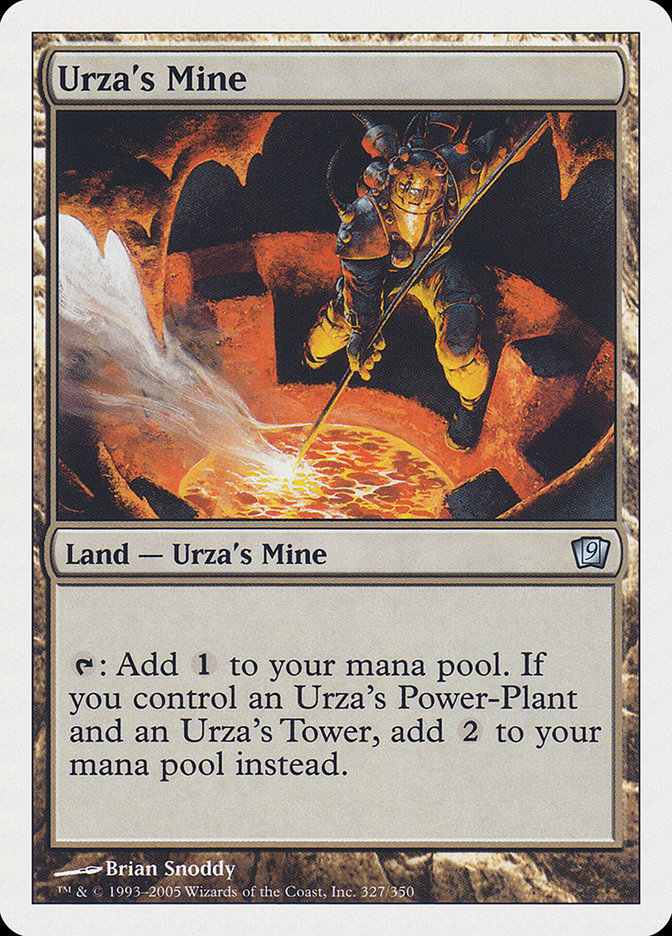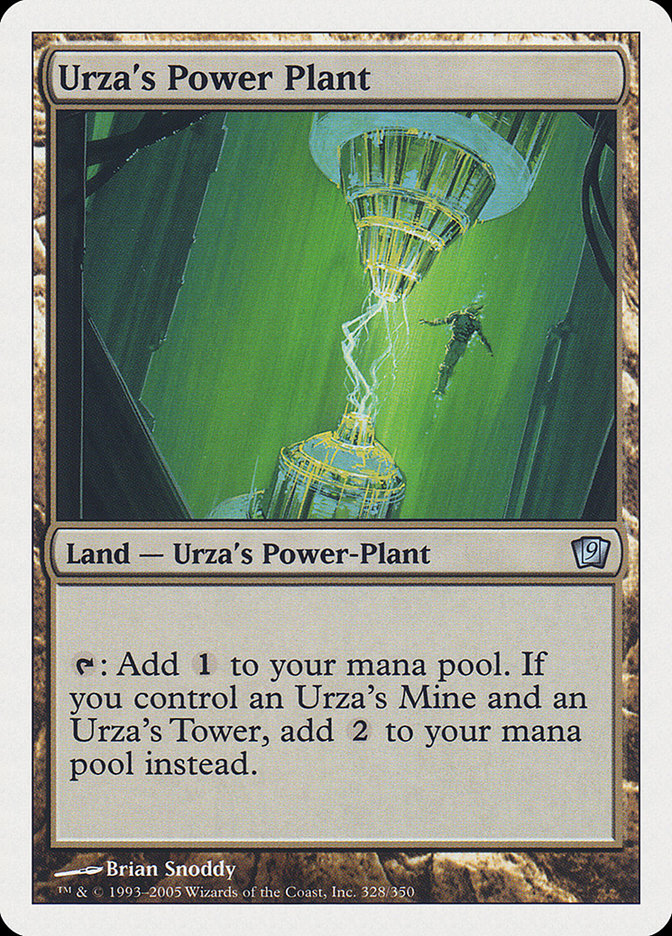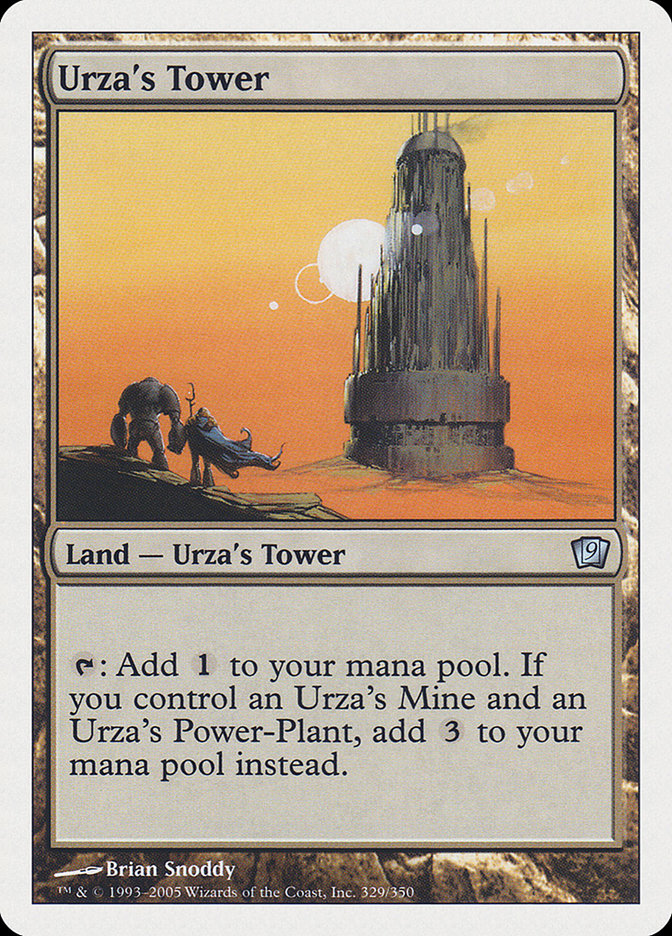Magic: the Gathering is extraordinarily multifaceted. There are so many
elements to the game. To be successful in Magic, you need to know how to
mulligan, sequence each turn, do combat math, understand your game plan,
sideboard, and so much more. The more you get into this game, the more you
take these skills for granted. But if you take a step back, it’s pretty
incredible how much depth there is to this game.
Last week
, I talked about some of my learning experiences from my Regional
Championships. During the tournament, I made a couple of errors due to my
tunnel vision. I failed to notice a few things happening in the game, and
it cost me. This got me thinking about how every player has unique
strengths and weaknesses in the game. Some players excel in particular
facets of the game but might struggle in others.
A few players come to mind when thinking of people who have very clear
strengths. I’ve had the pleasure of teaming with Todd Stevens in multiple
Team Constructed Opens, and during my time with him it became very clear
that he has a masterful understanding of the Modern format. He knows what’s
in every deck and what’s happening in the metagame of the format at all
times.
This is an awesome tool that Todd gets to use when he plays Modern. He has
a good understanding of how the games are going to play out, and that
informs his decisions in the game. He knows which hands to mulligan because
they might not work out in a particular matchup, and he knows what role he
needs to take during the games. His format knowledge is especially helpful
when tuning his decks, because he knows which matchups he needs to hedge
towards. It’s no surprise that Todd Stevens has one of the best Modern
resumes on the SCG Tour.
Another player who comes to mind is crowd favorite Reid Duke. I don’t know
Reid personally, but through reading his content and watching his videos,
it’s clear that he has a very sharpened skill of being able to analyze
multiple lines in a game. In all his videos, he does an excellent job of
laying out a few options of what the play could be, weighs the pros and
cons, and comes to a conclusion.
This is a very important skill that I see so many people miss, and I have
struggled with it myself. Players tend to come up with one decent line and
immediately take that line without considering any alternatives. But
through watching Reid play, I have learned that it’s invaluable to slow
down and consider your options before jumping to any conclusions.
Know Your Strengths
If you can identify some of your strengths as a player, you can lean more
on those strengths, and make them a bigger part of your game. For example,
I believe that one of my strengths in Standard is understanding the
metagame, and knowing which decks are the best positioned. So, when I
prepare for a Standard event, it’s in my best interest to utilize this
strength and try to figure out how to make sure that I have the best
positioned deck in the room.
I need to make sure to give myself enough time before events to scour the
data available from Magic Online, as well as previous tournaments, to stay
as up to date as possible. If I ignored my strength, it would be easy to
default to the de facto best deck or not give myself enough time to make
sure I’m prepared.
If I know about these strengths, I can put myself in the best position to
utilize them.
If you’re trying to get better at Magic, it’s easy to only look for the
things that we’re doing wrong. We’re always on the lookout for mistakes
that we’re making, but sometimes it can be just as beneficial to keep an
eye out for the things that we’re doing right as well.
Know Your Weaknesses
If it’s important to know your strengths, then it’s even more important to
know your weaknesses. If we understand our weaknesses, we can make sure to
pay closer attention to the spots where our weaknesses might show up. For
example, last week I learned that I’m likely to miss small things on a
complicated battlefield. But now that I’ve noticed that this is a weakness
of mine, I can do more to double check everything when making crucial
decisions in these complicated battlefields.
Unfortunately for us, finding out our weaknesses can be difficult
sometimes. Generally, we have these weaknesses because of our failure to
acknowledge them. One thing that we can do is talk more to our opponents
after every match. Sometimes it’s easy to tell that your opponent made a
mistake, but it’s much harder to identify when we have made one ourselves.
If you’re not sure if you made any mistakes after a match, ask your
opponent if they saw you do anything wrong. It may be very eye-opening to
hear what they have to say.
Learn from the Strengths of Others
If you pay close enough attention, you can learn a lot by observing other
people play Magic. If you notice someone doing something right, it’s in
your best interest to try and replicate that on your own so that you can
adopt their strength and grow from it. The people around us each have
unique skills that they bring to the table. And the people we learn from
don’t have to be the Todd Stevens or the Reid Dukes of the world.
Adam Edelmen-Munoz taught me how to mulligan in Modern. He plays Tron at my
local game store, and that deck has taught him how important it is to
mulligan aggressively towards a powerful hand. I started to apply this
philosophy towards all my mulligan decisions in Modern, and I saw an
immediate improvement in my game. And it’s mostly thanks to watching Adam
throw away medium hands saying, “I know I can do better.”
Sometimes you can learn lessons from your friends in interesting ways. I
once played a match in a tournament against my good friend Ryland
Taliaferro, also known as HolyShamgar on Twitch. Throughout the match, we
kept a very light and friendly atmosphere, which is how we usually interact
with each other. We made jokes here and there about various things and had
a grand old time. But that loose atmosphere had a severe impact on my
ability to concentrate and play well, and as a result I made several silly
mistakes that cost me the match.
Ryland and I like to really dig into why we make the mistakes that we do,
and we talked about it right after our match. It became very clear what the
problem was, and I made a mental note that it was important for me to stay
focused during my matches. I’ve done a much better job at this recently,
and I can definitely tell that I’m more focused now than I was on average
before that match. I really owe it to Ryland for teaching me that lesson.
If you see someone excelling in particular areas of the game, ask them
about it. See what their thought process looks like, so that you might be
able to replicate that in the future.
Talk About Interesting Scenarios More Often
One of my favorite things to do at a tournament is to talk with my friends
about interesting things that happened in a match. Most of the time, we end
up talking about key turns where we had a really tough decision to make.
The cool thing that happens when we discuss these scenarios is that we are
forced to put our thoughts into words, and we get to hear our friends’
thoughts as well.
This is what gives us the opportunity to see how our friends think about
things. One person I’ve been diving into a lot of interesting scenarios
with lately is Ben Regan. Like me, Ben really enjoys analyzing decision
points to see if he did anything wrong. So, when I run into him at a
tournament, we’ll usually end up talking through some crazy line that we
took that may or may not have worked out.
I have learned a lot from these conversations with Ben. We’ve been able to
dive deep into not only the lines that we took but the reasoning behind the
reads that we may have had or the thought process that lead us to
evaluating our game plan in a certain way. I think these conversations are
the best way to discover our strengths and our weaknesses because we get
another pair of eyes on everything that was going on in our head.




